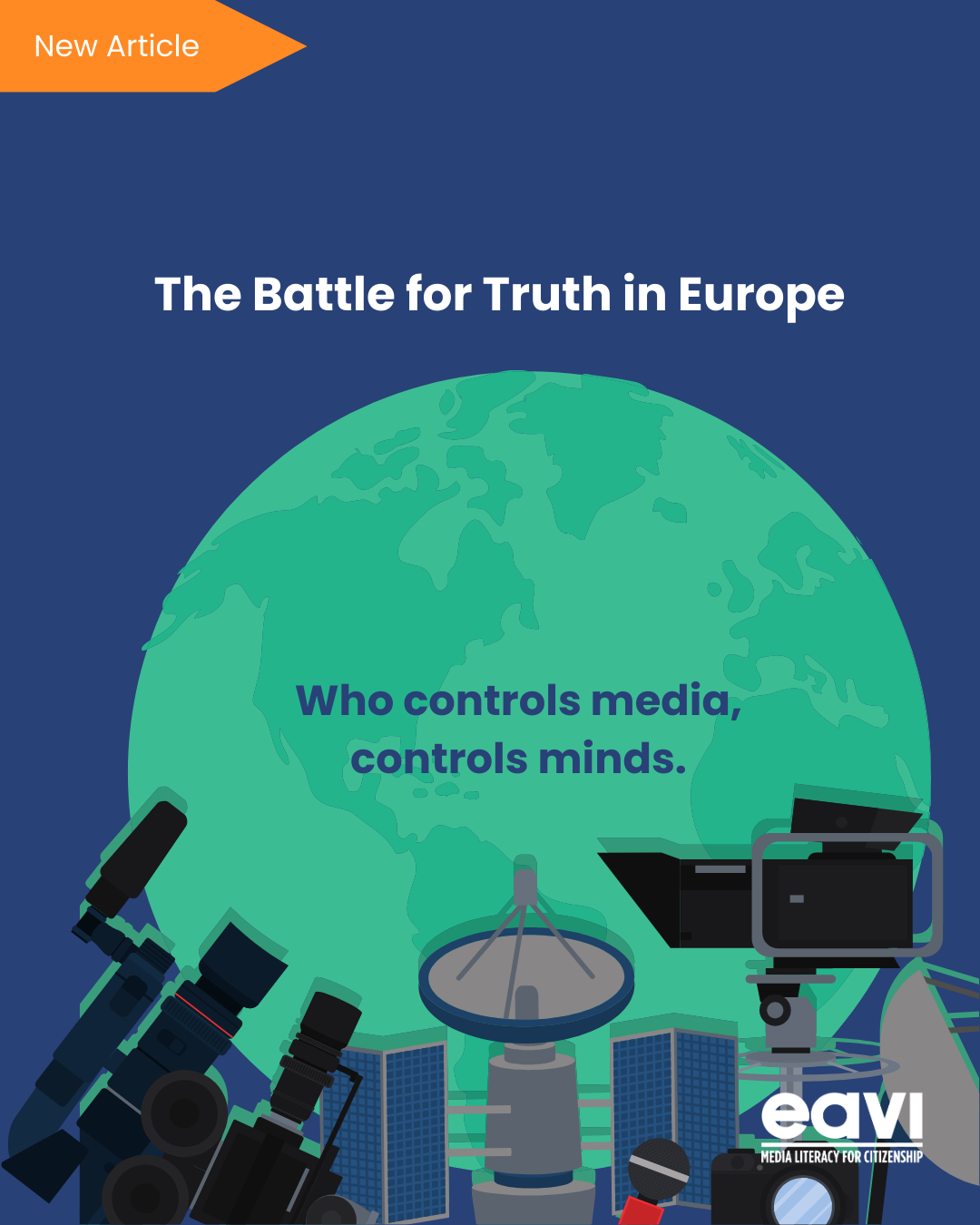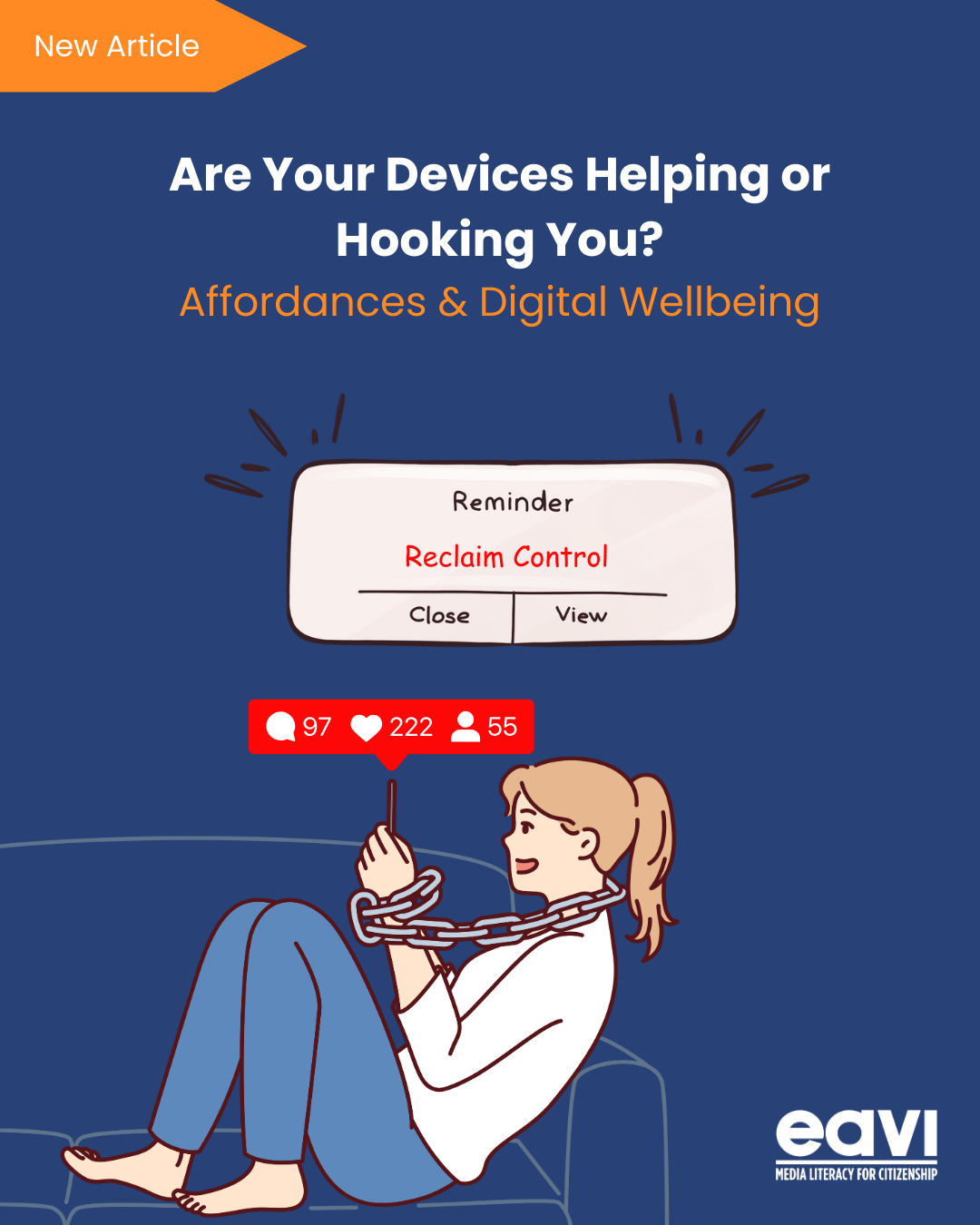European Commission President Jean-Claude Juncker today delivered his fourth and last State of the Union speech in the European Parliament in Strasbourg.
Briefly, he evaluated last year’s achievements and the path towards 2019.
Juncker opened his speech listing the main goals achieved in previous years:
“Europe’s economy has now grown for 21 consecutive quarters”
“Jobs have returned, with almost 12 million new jobs created since 2014” and
“Youth unemployment is at 14.8%. This is still too high a figure but is the lowest it has been since the year 2000”.
The 2018 paramount success is Greece: “After what can only be described as some very painful years (…) Greece successfully exited its programme and is now back on its own two feet. I applaud the people of Greece for their Herculean efforts”.
But what about the main proposals for the future of Europe? Here the main points.
• A more Sovereign Union. How? Continuing to work hard to see European Defense Fund and Permanent Structured Cooperation in Defense become fully operational and strengthening the international role of the euro. Enhancing the European Sovereignty means becoming more autonomous and able to take global responsibilities. “We will always be a global payer, but it is time we started being a global player too”.
• A Safer Europe. How? Enhancing the measures against terrorism. Indeed, the European Commission is going to propose new rules to get terrorist content off the web and a reinforced European Public Prosecutor’s Office against cross-border terrorism. “We need to be able to prosecute terrorists in a more coordinated way, across our Union. Terrorists know no borders. We cannot allow ourselves to become unwitting accomplices because of our inability to cooperate”.
o Guaranteeing fair and free EU Parliamentarian Elections; approving more effective measures to fight money laundering across our borders in order to set up a more stable banking and financial sector.
• A more Inclusive Union. How? Improving the European Asylum Agency to make sure that Member States get more European support in processing asylum seekers in line with the Geneva Convention; strengthening the European Border and Coast Guard to better protect our external borders with an additional 10,000 European border guards by 2020, accelerating the return of irregular migrants.
“I am and will remain strictly opposed to internal borders. Where borders have been reinstated, they must be removed. Failure to do so would amount to an unacceptable step back for the Europe of today and tomorrow”.
• A more cooperative Europe with Africa. How? Proposing a new Alliance for Sustainable Investment and Jobs between Europe and Africa. The European Commission is working with Africa to help to create 10 million jobs in the next 5 years; creating a framework for encouraging more private investment and supporting African students and researchers within the Erasmus Programme “Africa does not need charity, it needs true and fair partnerships. And Europe needs this partnership just as much”.
• Brexit. EU respects the UK decision to leave – although with big regrets – and he wishes their relationship will remain strong and close as well. “After 29 March 2019, the United Kingdom will never be an ordinary third country for us. The United Kingdom will always be a very close neighbour and partner, in political, economic and security terms”.
The next step is the Sibiu Summit, the special summit on the Future of Europe debate on 9 May 2019, exactly just six weeks after Brexit and two weeks before the European elections. A crucial event because “Sibiu is the moment we must offer all Europeans a strong perspective for the future”.
Inspired by the French Philosophe Blaise Pascal’s quote “I like things that go together”, Juncker concluded his speech declaring “To love Europe, is to love its nations. To love your nation is to love Europe. Patriotism is a virtue. Europe should say no to unhealthy nationalism and yes to enlightened patriotism”.
The Future of Europe is in citizens’ hands, they should understand that wishing for a more united and sovereign Union doesn’t mean undermining the power of their own countries. They are not mutually exclusive; they can go successfully together.
European Commission President Jean-Claude Juncker today delivered his fourth and last State of the Union speech in the European Parliament in Strasbourg.
Briefly, he evaluated last year’s achievements and the path towards 2019.
Juncker opened his speech listing the main goals achieved in previous years:
“Europe’s economy has now grown for 21 consecutive quarters”
“Jobs have returned, with almost 12 million new jobs created since 2014” and
“Youth unemployment is at 14.8%. This is still too high a figure but is the lowest it has been since the year 2000”.
The 2018 paramount success is Greece: “After what can only be described as some very painful years (…) Greece successfully exited its programme and is now back on its own two feet. I applaud the people of Greece for their Herculean efforts”.
But what about the main proposals for the future of Europe? Here the main points.
• A more Sovereign Union. How? Continuing to work hard to see European Defense Fund and Permanent Structured Cooperation in Defense become fully operational and strengthening the international role of the euro. Enhancing the European Sovereignty means becoming more autonomous and able to take global responsibilities. “We will always be a global payer, but it is time we started being a global player too”.
• A Safer Europe. How? Enhancing the measures against terrorism. Indeed, the European Commission is going to propose new rules to get terrorist content off the web and a reinforced European Public Prosecutor’s Office against cross-border terrorism. “We need to be able to prosecute terrorists in a more coordinated way, across our Union. Terrorists know no borders. We cannot allow ourselves to become unwitting accomplices because of our inability to cooperate”.
o Guaranteeing fair and free EU Parliamentarian Elections; approving more effective measures to fight money laundering across our borders in order to set up a more stable banking and financial sector.
• A more Inclusive Union. How? Improving the European Asylum Agency to make sure that Member States get more European support in processing asylum seekers in line with the Geneva Convention; strengthening the European Border and Coast Guard to better protect our external borders with an additional 10,000 European border guards by 2020, accelerating the return of irregular migrants.
“I am and will remain strictly opposed to internal borders. Where borders have been reinstated, they must be removed. Failure to do so would amount to an unacceptable step back for the Europe of today and tomorrow”.
• A more cooperative Europe with Africa. How? Proposing a new Alliance for Sustainable Investment and Jobs between Europe and Africa. The European Commission is working with Africa to help to create 10 million jobs in the next 5 years; creating a framework for encouraging more private investment and supporting African students and researchers within the Erasmus Programme “Africa does not need charity, it needs true and fair partnerships. And Europe needs this partnership just as much”.
• Brexit. EU respects the UK decision to leave – although with big regrets – and he wishes their relationship will remain strong and close as well. “After 29 March 2019, the United Kingdom will never be an ordinary third country for us. The United Kingdom will always be a very close neighbour and partner, in political, economic and security terms”.
The next step is the Sibiu Summit, the special summit on the Future of Europe debate on 9 May 2019, exactly just six weeks after Brexit and two weeks before the European elections. A crucial event because “Sibiu is the moment we must offer all Europeans a strong perspective for the future”.
Inspired by the French Philosophe Blaise Pascal’s quote “I like things that go together”, Juncker concluded his speech declaring “To love Europe, is to love its nations. To love your nation is to love Europe. Patriotism is a virtue. Europe should say no to unhealthy nationalism and yes to enlightened patriotism”.
The Future of Europe is in citizens’ hands, they should understand that wishing for a more united and sovereign Union doesn’t mean undermining the power of their own countries. They are not mutually exclusive; they can go successfully together.
European Commission President Jean-Claude Juncker today delivered his fourth and last State of the Union speech in the European Parliament in Strasbourg.
Briefly, he evaluated last year’s achievements and the path towards 2019.
Juncker opened his speech listing the main goals achieved in previous years:
“Europe’s economy has now grown for 21 consecutive quarters”
“Jobs have returned, with almost 12 million new jobs created since 2014” and
“Youth unemployment is at 14.8%. This is still too high a figure but is the lowest it has been since the year 2000”.
The 2018 paramount success is Greece: “After what can only be described as some very painful years (…) Greece successfully exited its programme and is now back on its own two feet. I applaud the people of Greece for their Herculean efforts”.
But what about the main proposals for the future of Europe? Here the main points.
• A more Sovereign Union. How? Continuing to work hard to see European Defense Fund and Permanent Structured Cooperation in Defense become fully operational and strengthening the international role of the euro. Enhancing the European Sovereignty means becoming more autonomous and able to take global responsibilities. “We will always be a global payer, but it is time we started being a global player too”.
• A Safer Europe. How? Enhancing the measures against terrorism. Indeed, the European Commission is going to propose new rules to get terrorist content off the web and a reinforced European Public Prosecutor’s Office against cross-border terrorism. “We need to be able to prosecute terrorists in a more coordinated way, across our Union. Terrorists know no borders. We cannot allow ourselves to become unwitting accomplices because of our inability to cooperate”.
o Guaranteeing fair and free EU Parliamentarian Elections; approving more effective measures to fight money laundering across our borders in order to set up a more stable banking and financial sector.
• A more Inclusive Union. How? Improving the European Asylum Agency to make sure that Member States get more European support in processing asylum seekers in line with the Geneva Convention; strengthening the European Border and Coast Guard to better protect our external borders with an additional 10,000 European border guards by 2020, accelerating the return of irregular migrants.
“I am and will remain strictly opposed to internal borders. Where borders have been reinstated, they must be removed. Failure to do so would amount to an unacceptable step back for the Europe of today and tomorrow”.
• A more cooperative Europe with Africa. How? Proposing a new Alliance for Sustainable Investment and Jobs between Europe and Africa. The European Commission is working with Africa to help to create 10 million jobs in the next 5 years; creating a framework for encouraging more private investment and supporting African students and researchers within the Erasmus Programme “Africa does not need charity, it needs true and fair partnerships. And Europe needs this partnership just as much”.
• Brexit. EU respects the UK decision to leave – although with big regrets – and he wishes their relationship will remain strong and close as well. “After 29 March 2019, the United Kingdom will never be an ordinary third country for us. The United Kingdom will always be a very close neighbour and partner, in political, economic and security terms”.
The next step is the Sibiu Summit, the special summit on the Future of Europe debate on 9 May 2019, exactly just six weeks after Brexit and two weeks before the European elections. A crucial event because “Sibiu is the moment we must offer all Europeans a strong perspective for the future”.
Inspired by the French Philosophe Blaise Pascal’s quote “I like things that go together”, Juncker concluded his speech declaring “To love Europe, is to love its nations. To love your nation is to love Europe. Patriotism is a virtue. Europe should say no to unhealthy nationalism and yes to enlightened patriotism”.
The Future of Europe is in citizens’ hands, they should understand that wishing for a more united and sovereign Union doesn’t mean undermining the power of their own countries. They are not mutually exclusive; they can go successfully together.








































































































































































